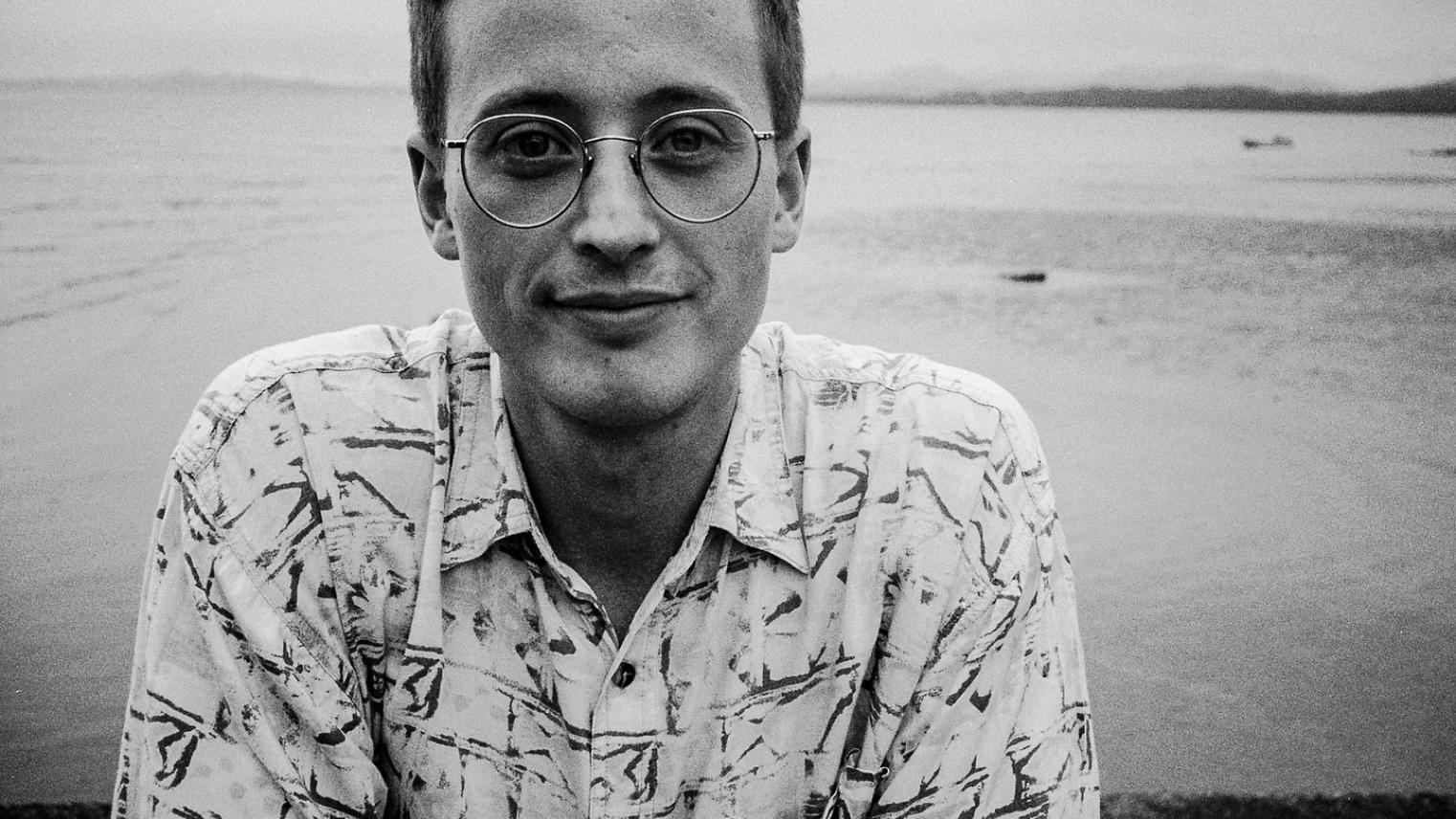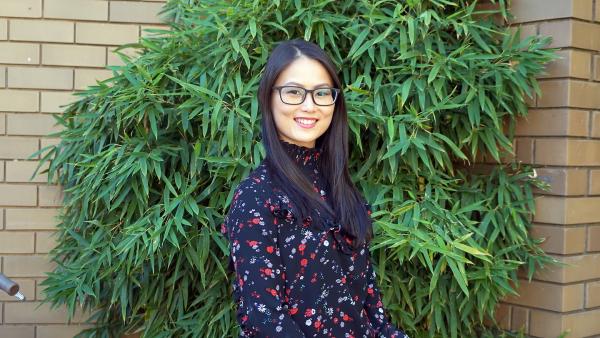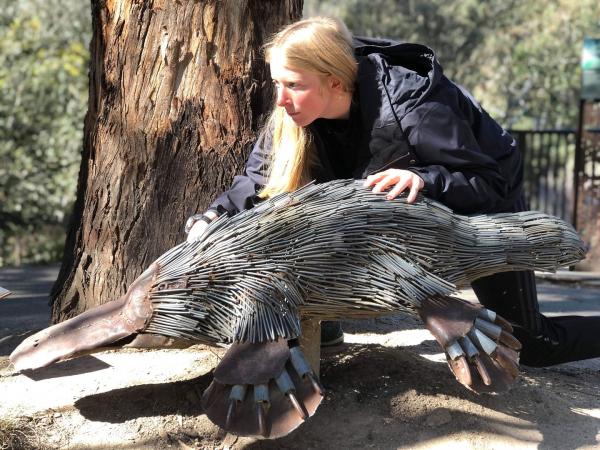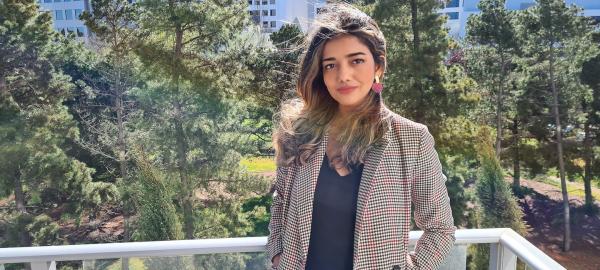How have the skills learnt in the program helped you in the work place?
Since moving to Canberra, I’ve been lucky enough to find work that combined my interest in both journalism and international relations. I worked as a journalist with the Australian Associated Press in the Canberra Press Gallery during parliamentary sittings, and helped out in the Coral Bell School of Asia Pacific Affairs communications team when parliament was adjourned. Working at parliament has given me the opportunity to talk to and write about key decision-makers in Australian foreign policy. At the same time, it was an incredible privilege to both study and work within the Coral Bell School – I felt pretty lucky. Being taught by some amazing academics, and then being able to interview them about their own research has only fuelled my interest in international relations. In that way, my work and study have turned out to be mutually beneficial. To combine journalism and international relations is to combine the 24-hour news cycle with forward thinking, instant reportage with long-term analysis. What I learned from my masters degree fed into and informed my journalism interests, and vice versa. What’s more, it seems to generate more opportunities, to open up doors in both directions. I’d recommend the combination to anyone wondering how to move from the theory of international relations into professional practice.
After graduating, I joined the International Committee of the Red Cross (ICRC) in Canberra as a Communications Officer. The work of the ICRC involves helping people affected by conflict across the globe. Australia is a global actor, so one aim of the ICRC’s work here is to raise awareness of the humanitarian issues and concerns that define our work elsewhere. In particular, the ICRC focusses on promoting international humanitarian law in order to prevent violations of these ‘laws of war’ around the world. My role involved talking to people – whether in academia or media – to raise awareness of who we are and what we do. Often, the biggest trick is figuring out how to expand people’s circles of concern to communities caught in conflict oceans away.



